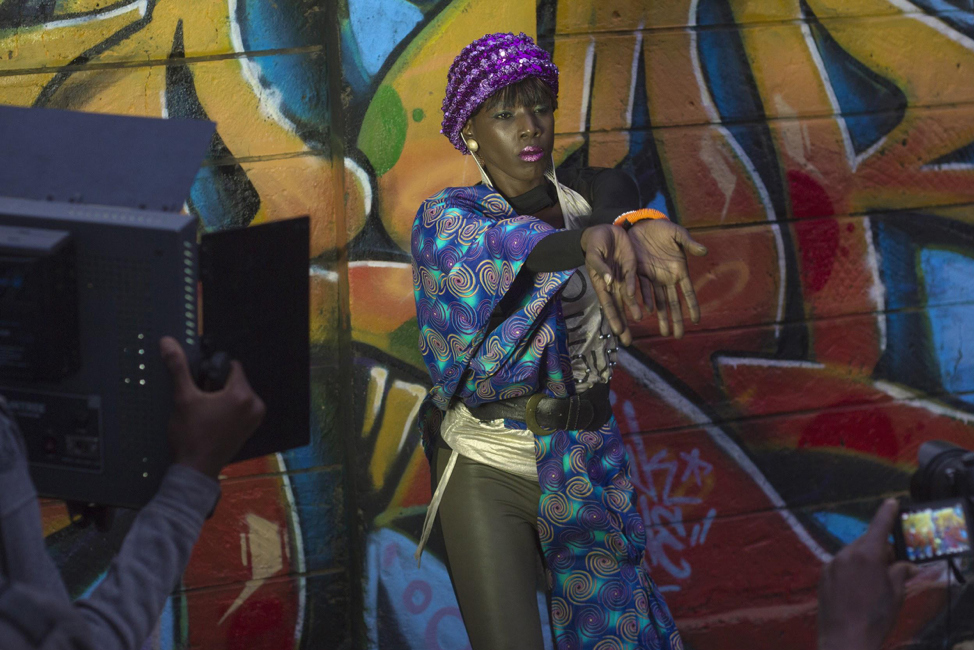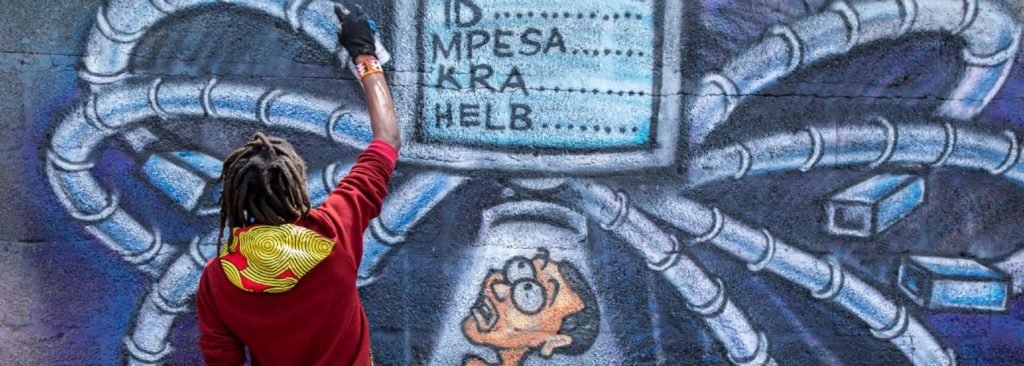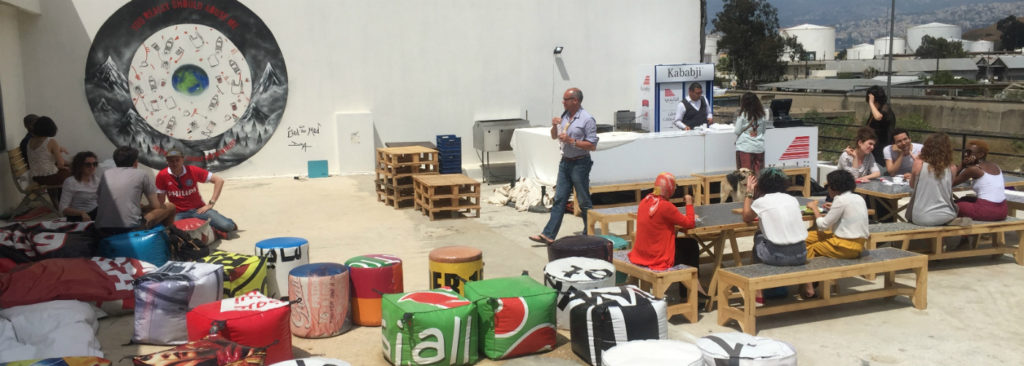Shifting the narrative on women’s rights
Conversations about social change are not always easy, be it around the dinner table or in the halls of government. That’s why Hivos is adopting a novel approach to supporting advocacy in an upcoming women’s empowerment campaign in Egypt, Kenya, Zimbabwe, and Tunisia.
For this campaign, Hivos is connecting women’s organizations with artists and creatives to tell women’s stories through original creative content. Why is it novel? The campaign will be running in both North and sub-Saharan Africa and enlists the forces of an often overlooked actor – the creative sector.
Launching in fall 2019, it will feature an array of bold original works, including a music video, graphic novels, animations, and printed work. In each focus country, the campaign wants to spark widespread discussions about the challenges women changemakers face in their work, from harassment on public transportation to the unique pressures placed on women entrepreneurs. By using new or alternative narratives about these issues, the ultimate aim is to break down barriers many women face in the workplace or in getting dignified, adequately paid work. While rooted in local contexts, the campaign content is also designed specifically for digital mediums and will be sharable at the click of a button.
The collaboration with artists, musicians and writers, as well as with women’s organizations, will promote women’s rights in innovative and engaging ways across countries. In this way, the campaign hopes to greatly expand the roles both women and men imagine that women can play in their communities, while proposing ways to bring about this new reality.
Art meets advocacy: influencing policymakers
Building off lessons learned across Hivos’ programs, this campaign consciously uses esthetics to create new narratives. With art as a means to open doors, the campaign will turn its creative content into an advocacy tool for women’s rights.
The goal of the campaign is to inspire “a shift in mindsets” and to be a “call for change, for good,” say Sara Bouzgarrou and Bochra Triki, campaign contributors in Tunisia.
Campaign partners in each country will be using the campaign’s creative content to engage policymakers. By sharing content such as music videos or graphic novels directly with officials, for example, the campaign will expose policymakers to alternative narratives about women’s empowerment. These include celebrating the successes of women entrepreneurs and breadwinners, advocating improved working conditions for women and highlighting nontraditional career paths, to name a few.
“We know the future will be a challenging place,” says Axeer, a campaign partner in Egypt, “yet we still believe in the power of change and the power of moving people through moving images, through moving stories.”
But the campaign will not stop there. Through specific calls to action, it will also encourage policymakers to address women’s and gender issues concretely. These calls may include advocating for new legislation, working with government to more effectively implement existing laws, or raising awareness of specific gender issues that may not be on policymakers’ agendas at the moment.
“This is a way of lending voice to policy formulation,” explains Busi Bhebhe, a campaign contributor in Zimbabwe.
Art meets advocacy: learning together
The campaign is not only aimed at policymakers and the campaign audience at large. By connecting women and gender organizations with artists and content producers, Hivos also wants to facilitate novel connections between advocacy and the arts.
In Kenya, for example, the women-led Flone Initiative collaborated with Mau Mau Arts to produce an original soundtrack and music video, “Msupa Wa Nganya”. Flone is an advocacy group to make public transportation safer for women, so this video shows the lives of women working in Kenya’s matatu (minibus) industry. Women matatu drivers often come under pressure from their communities for entering a male-dominated industry, like being accused that they’re just trying to find a husband! The music video will be shared across social media, while the song will be played in the matatus themselves.
“This video is a reflection and reminder to us about the simple things in life that we may think do not affect us directly,” says Isaya Evans, first assistant director. “I hope it pushes your heart like it did mine.”
These collaborations have an additional spin-off. They are helping advocacy organizations use creative content – sometimes for the first time – to further support their work, while at the same time encouraging creatives to engage with gender-based obstacles facing women leaders both through their art and personally.
The full women’s empowerment campaign will be rolled out over several months in fall 2019. Stay tuned for updates about soon-to-be launched content and campaign activities in Kenya, Tunisia, Zimbabwe, and Egypt.
Hivos
Hivos offers a positive counterbalancing force against discrimination and inequality; we welcome diversity and support equal opportunities to all. Our mission is to innovate for social change with smart projects in the right places. This campaign is a collaboration between two Hivos programs: Boosting Bottom-Up Societal Transformation (BOOST) and Resources of Open Minds (R.O.O.M).
Boosting Bottom-Up Societal Transformation (BOOST) aims to enable grassroots social entrepreneurs to create the positive change they envision for their communities. In 2019, the program is working to boost inclusive employment in North Africa. This year’s program continues Hivos’ ongoing efforts to support social entrepreneurs from North Africa to create inclusive employment opportunities for young people, with a particular emphasis on young women in medium-sized cities in North Africa.
Resource of Open Minds (R.O.O.M.) supports the creative work of a new generation of artists, musicians, filmmakers and content creators who investigate and challenge the status quo in the societies in which they live. R.O.O.M. is the place for these creative futurists: young people who have a critical independent mindset and a do-it-yourself attitude.






